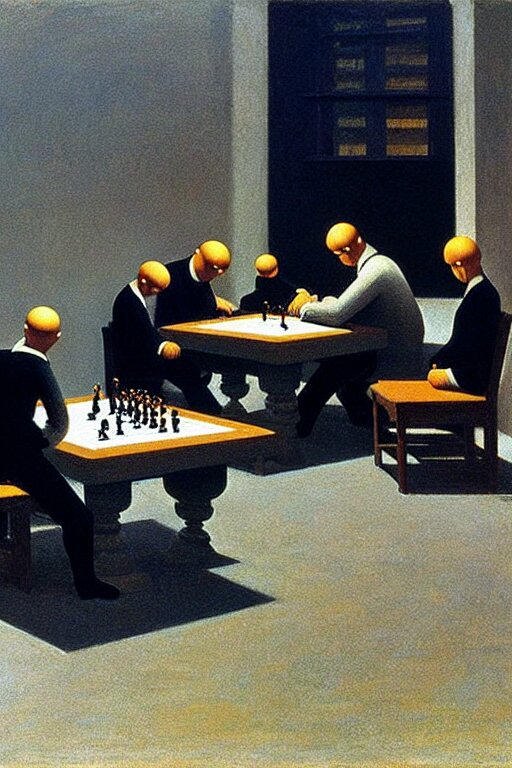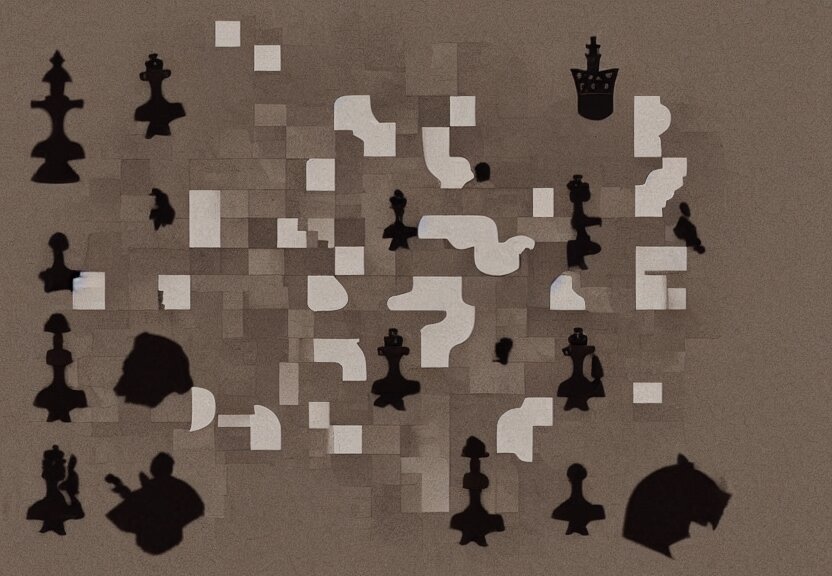---
aliases: []
---
#mental-model #mathematic #game-theory
# [[Epistemic status]]
#shower-thought
# Related
- [[Mathematic/Game Theory/John Nash]]
- [[Mathematic/Game Theory/Zero Sum Game]]
- [[Philosophy/Humans/Conversational equilibrium]]
- [[Mathematic/Game Theory/Superrationality]]
- [[Mathematic/Game Theory/Social choice theory/Social choice theory]]
# Equilibrium

Equilibrium in game theory is a state in which two or more players have no incentive to change their strategies. This occurs when each player's strategy is the best response to the strategies chosen by the other players. Equilibrium is an important concept in game theory because it helps to predict the behavior of players in games. It also serves as a benchmark that can be used to evaluate different strategies. In addition, equilibrium can be used to identify possible [[John Nash|Nash]] equilibria[^1], which are states in which no player has an incentive to change his or her strategy.

## As a mental model

Equilibrium in game theory can be a useful mental model to apply to daily life. It can help us to understand how to make decisions and balance our interests to create a mutually beneficial outcome. Equilibrium in game theory is based on the idea that individuals are motivated to maximize their own benefit in a given situation, and that by understanding the other person's interests, we can find a win-win solution. This model can help us negotiate better deals, resolve conflicts, and work out agreements in our relationships. It can also be applied to our own decision-making, helping us to understand how our decisions will affect others and how to come to a mutually beneficial outcome.

[^1]: https://fermatslibrary.com/s/equilibrium-points-in-n-person-games